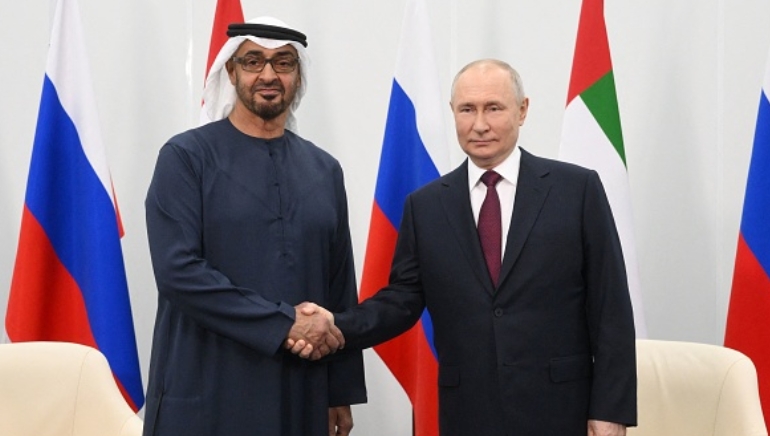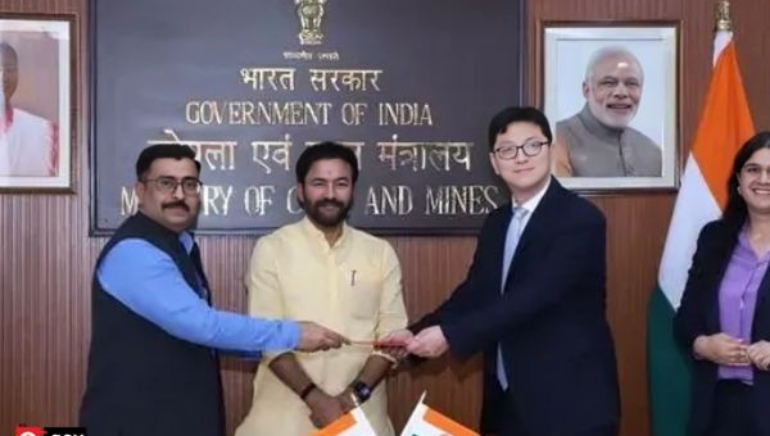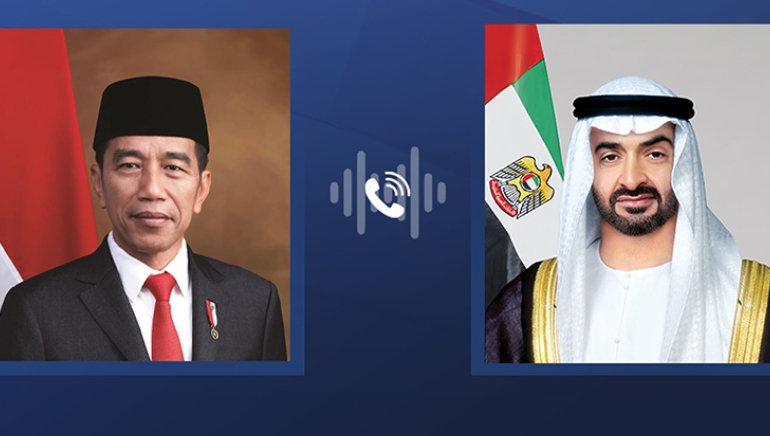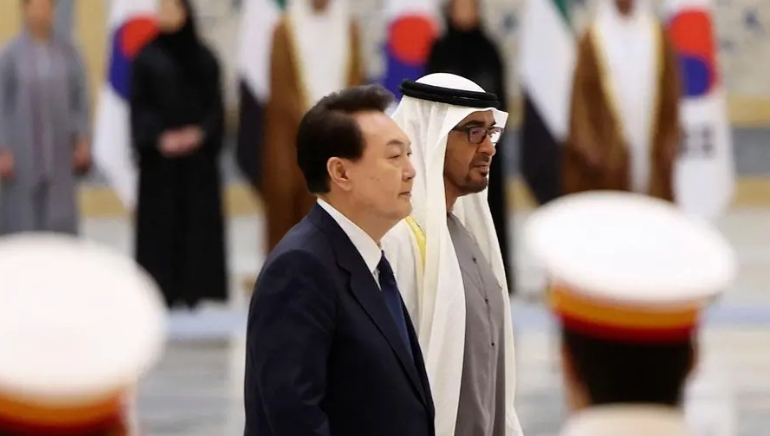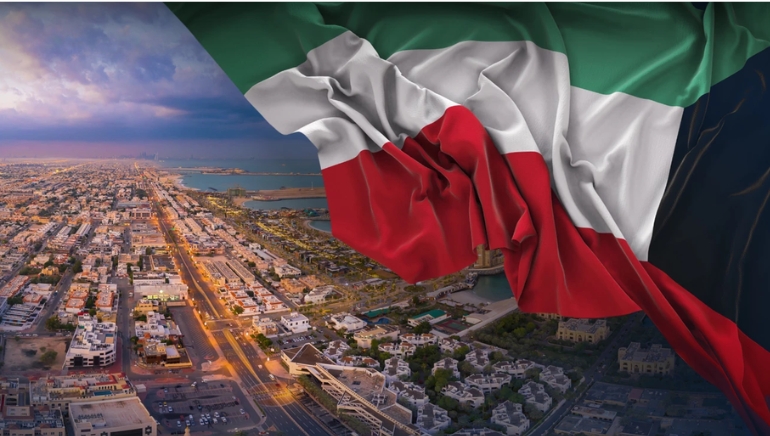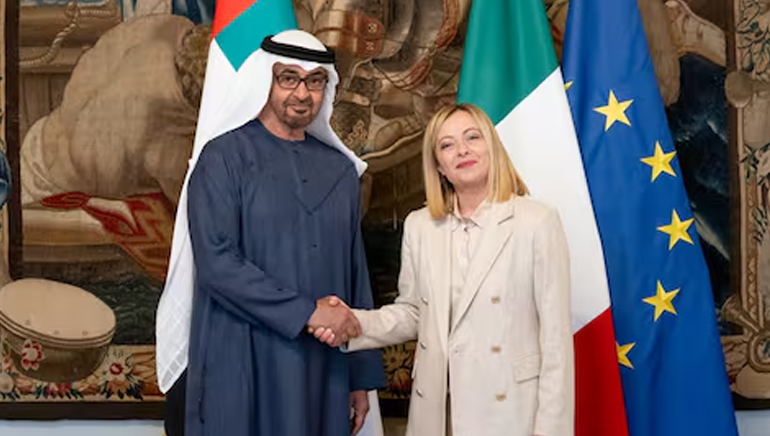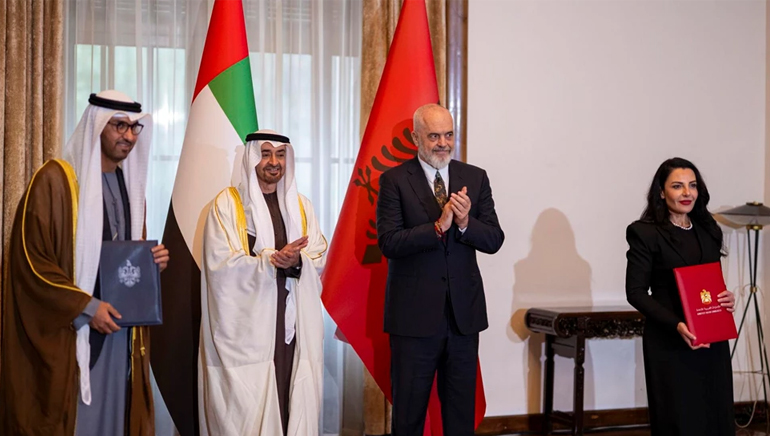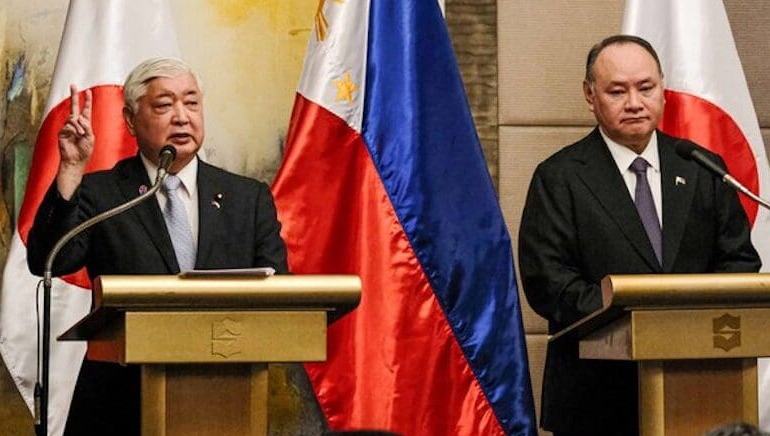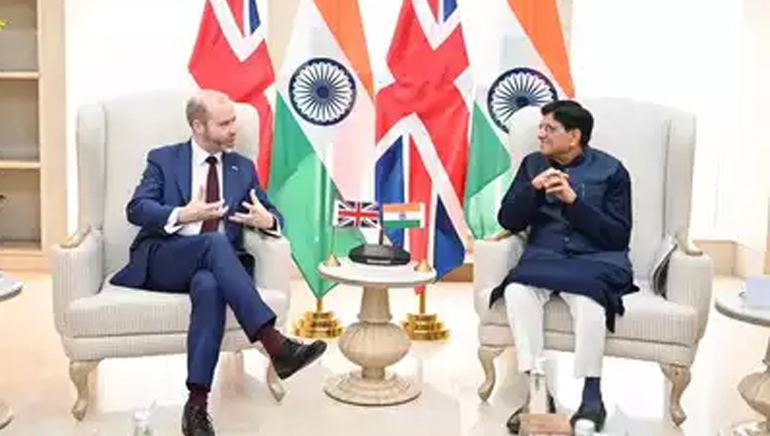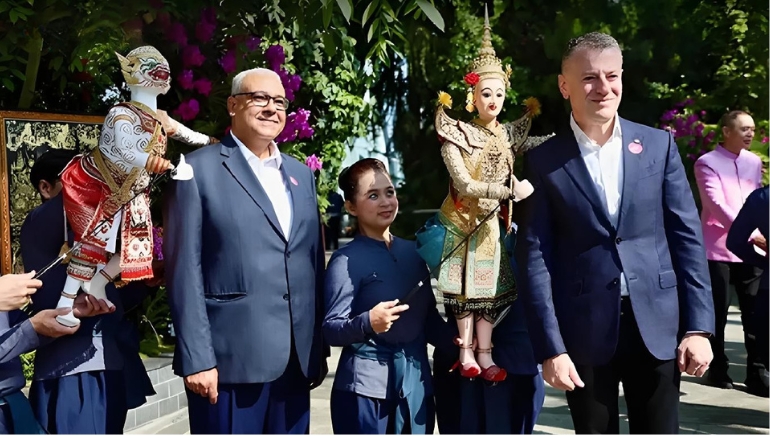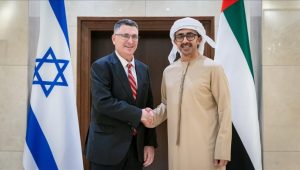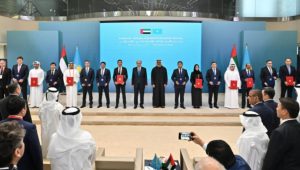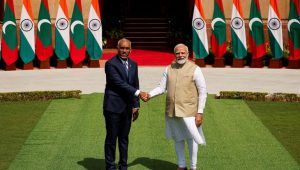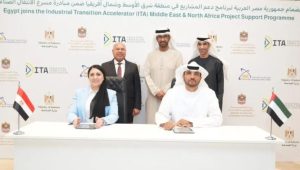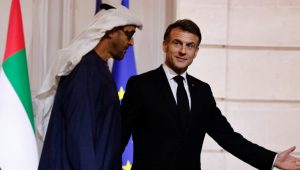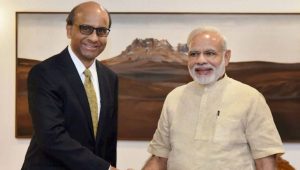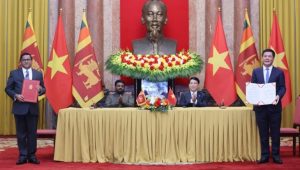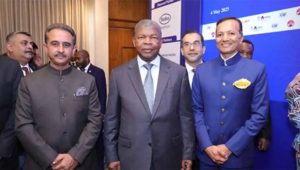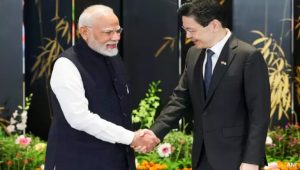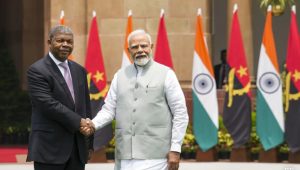Russia and the UAE have emerged as major investors in Belarus, significantly contributing to the country’s economy. According to Anzhelina Syromyatnikova, a member of the Standing Commission on Housing Policy, Trade, and Construction of the House of Representatives, Russia holds the largest share of foreign investment in Belarus, accounting for 24.9% of total inflows. The UAE follows closely, contributing 14.3%.
Syromyatnikova highlighted that China is also playing an important role, with a 4.3% share of total investments. She emphasized that Belarusian businesses are expanding trade beyond traditional markets, strengthening ties with Asia, Africa, Latin America, and China.
She pointed to the China-Belarus Industrial Park Great Stone as a prime example of growing investor confidence. In the past, foreign businesses only rented land for operations there. However, investors are now purchasing both land and production facilities.
“This shift reflects a strong belief in Belarus’s economic future and its appeal as an investment destination,” Syromyatnikova said.
The data was revealed ahead of the 22nd National Professional Contest, Leaders in the Construction Industry of Belarus. This event aims to promote modern construction technologies and foster knowledge exchange within the industry, further strengthening Belarus’s position as an attractive investment hub.





